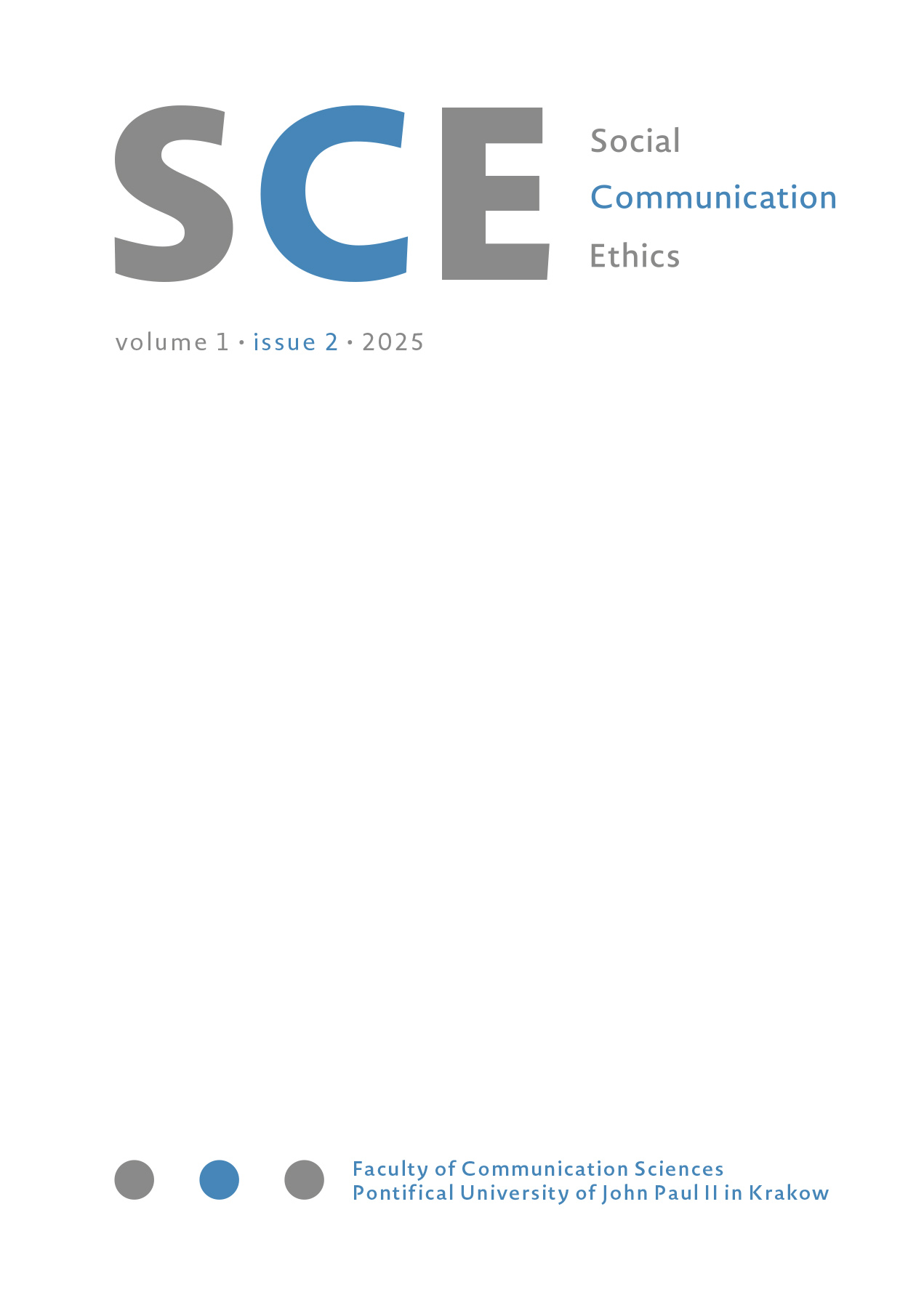The role of ChatGPT in teaching managerial decision-making in higher education lessons from an experiment
DOI:
https://doi.org/10.15633/sce.01203Keywords:
artificial intelligence, ChatGPT, higher education, decision-makingAbstract
The advancement of artificial intelligence (AI) has significantly impacted higher education, influencing both learning and teaching processes. This study examined the effectiveness of applying the ChatGPT language model in higher education through a decision-making experiment, comparing the methods and outcomes employed by students and the students’ approaches. The research aimed to evaluate students’ satisfaction and the efficiency of AI support in decision-making. The findings revealed that the methods and decisions employed by ChatGPT often aligned with students’ approaches, although notable differences were observed in some cases. Participants positively assessed ChatGPT’s objectivity and rationality although its inability to account for special contexts emerged as a limitation. The results highlight the opportunities and challenges of AI-supported decision-making and emphasise the need for further research to ensure the effective integration of this technology.
References
Abulaiti, M. (2024). Higher education in the era of AI. In: G. Morris, & S. Kozuch (Eds.), Developments and future trends in transnational higher education leadership (pp. 244–265). IGI Global Scientific Publishing. https://doi.org/10.4018/979-8-3693-2857-6.ch014
Aljaž, T. (2024). Leveraging ChatGPT for enhanced logical analysis in the theory of constraints thinking process. Organizacija, 57(2), 202–214. https://doi.org/10.2478/orga-2024-0014
Aristovnik, A. (2024). Exploring the global impact of ChatGPT in higher education from the students’ perspective. International Conference on Business, Economics, Law, Language & Psychology, 2024, 335–336. https://doi.org/10.20319/icssh.2024.335336
Diantoro, K., Munthe, E. S., Herwanto, A., Mubarak, R., & Istianingsih, N. (2024). The role of ChatGPT in business information systems to support strategic decision making in medium-scale enterprises. Jurnal Minfo Polgan, 13(1), 382–389 https://doi.org/10.33395/jmp.v13i1.13673
Dikilitaş, K., Furenes Klippen, M. I., & Keles, S. (2024). A systematic rapid review of empirical research on students’ use of ChatGPT in higher education. Nordic Journal of Systematic Reviews in Education, 2(1), 103–125. https://doi.org/10.23865/njsre.v2.6227
Chuma, E. L., Alves, A. M., & Oliveira, G. G. (2024). Evolution of generative AI for business decision-making: A case of ChatGPT. Management Science and Business Decisions, 4(1), 5–14. https://doi.org/10.52812/msbd.87
Jensen, L. X., Buhl, A., Sharma, A., & Bearman, M. (2024). Generative AI and higher education: A review of claims from the first months of ChatGPT. The International Journal of Higher Education, Springer, 88(6), 1–17. https://doi.org/10.1007/s10734-024-01265-3
Jiang, T. Y., Liu, E., Baig, T., & Li, Q. (2024). Enhancing decision-making in higher education: Exploring the integration of ChatGPT and data visualization tools in data analysis. New Directions for Higher Education, Wiley. Vol. Fall 2024, Issue 207, 15–29. https://doi.org/10.1002/he.20510
Kumar, P. T. (2024). Leveraging conversational AI for enhanced decisioning: Integrating ChatGPT with Pega’s Adaptive Decision Manager. Journal of Software, 19(2), 42–51, https://doi.org/10.17706/jsw.19.2.42-51
Li, M. (2024). The impact of ChatGPT on teaching and learning in higher education: challenges, opportunities, and future scope. In M. Khosrow-Pour, D. B. A. (Ed.), Encyclopaedia of information science and technology, Sixth edition (pp. 1–20). https://doi.org/10.4018/978-1-6684-7366-5.ch079
Nebieridze, M., & Jojua, N. (2024). Towards the use of artificial intelligence (ChatGPT) in higher education: Students’ perspective. Journal of Education in Black Sea Region, 9(2), 1–15. https://doi.org/10.31578/jebs.v9i2.313
Nivetha, P., & Prasanth, S. (2024). Transforming management decision-making: The role of ChatGPT. Shanlax International Journal of Management, 11(4), 29–33. https://doi.org/10.34293/management.v11i4.7486
Shahzad, M. F., Xu, S., & Javed, I. (2024). ChatGPT awareness, acceptance, and adoption in higher education: the role of trust as a cornerstone. International Journal of Educational Technology in Higher Education, 21(46). https://doi.org/10.1186/s41239-024-00478-x
Song, X., Zhang, J., Yan, P., Hahn, J., Krüger, U., Mohamed, H., & Wang, G. (2024). Integrating AI in college education: Positive yet mixed experiences with ChatGPT. Meta-Radiology, 57(4), 1–4. https://doi.org/10.1016/j.metrad.2024.100113
Xu, W., Kotecha, M. C., & McAdams, D. A. (2024). How good is ChatGPT? An exploratory study on ChatGPT’s performance in engineering design tasks and subjective decision-making. Proceedings of the Design Society, 4, 2307–2316. https://doi.org/10.1017/pds.2024.233
Downloads
Published
Issue
Section
License
Copyright (c) 2025 Emese Belenyesi, Andrea Győrfyné Kukoda

This work is licensed under a Creative Commons Attribution 4.0 International License.
Authors who publish in this journal agree to the following terms:
- Authors retain the copyright and full publishing rights without restrictions and grant the journal right of first publication with the work simultaneously licensed under a Creative Commons Attribution 4.0 International License that allows others to share the work with an acknowledgement of the work's authorship and initial publication in this journal.
- Authors are able to enter into separate, additional contractual arrangements for the non-exclusive distribution of the journal's published version of the work (e.g., post it to an institutional repository or publish it in a book), with an acknowledgement of its initial publication in this journal.
- Authors are permitted and encouraged to post their work online (e.g., in institutional repositories or on their website) prior to and during the submission process, as this can lead to productive exchanges, as well as earlier and greater citation of published work (See The Effect of Open Access).

